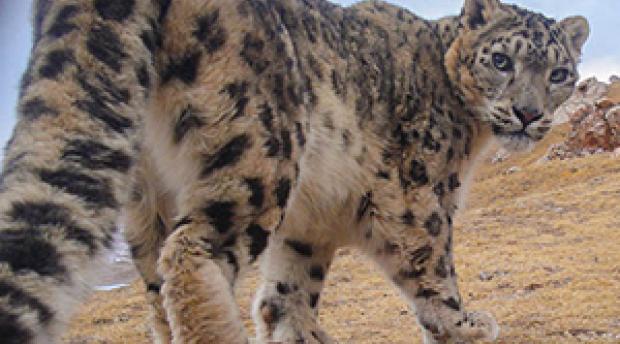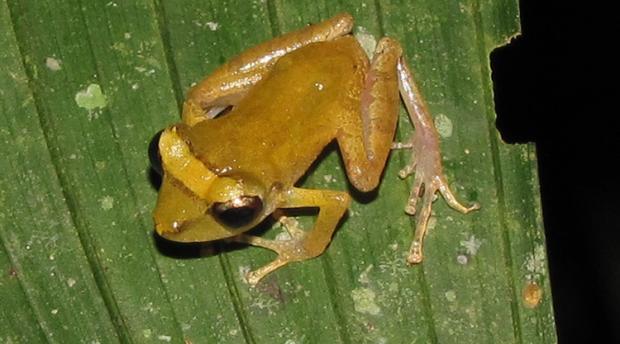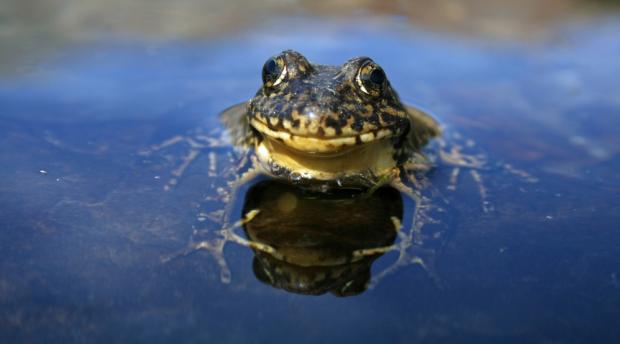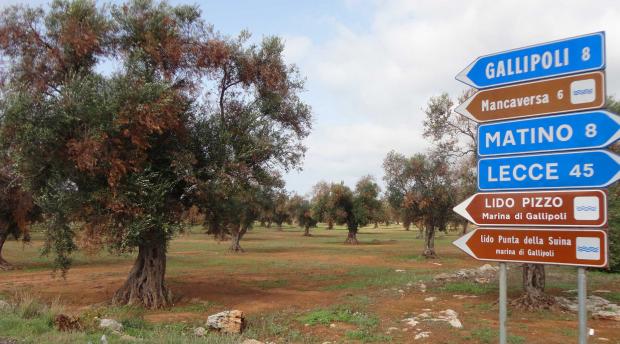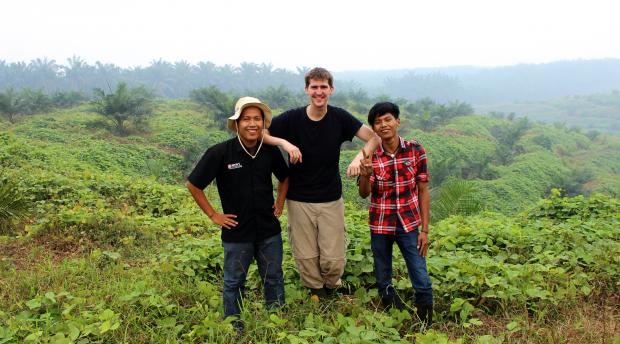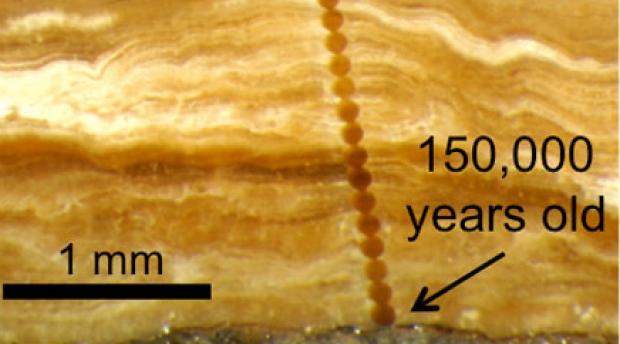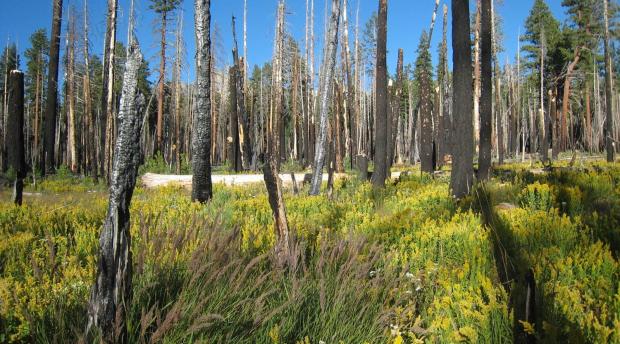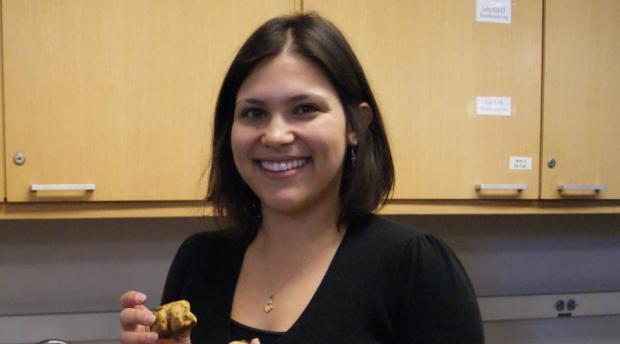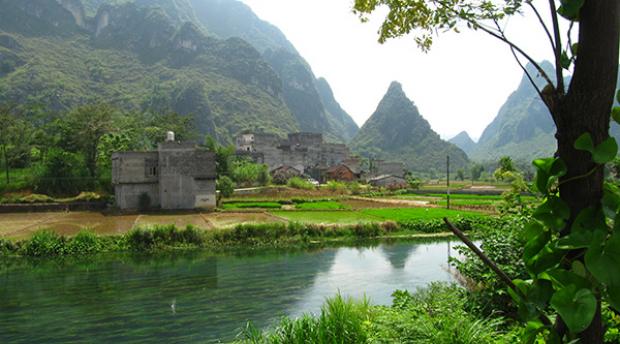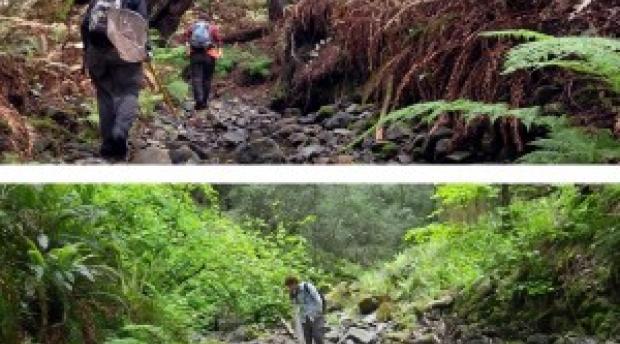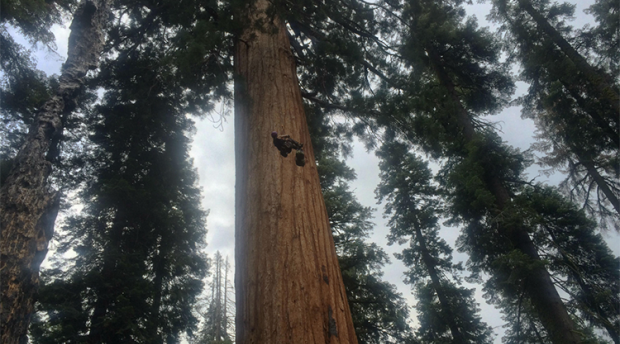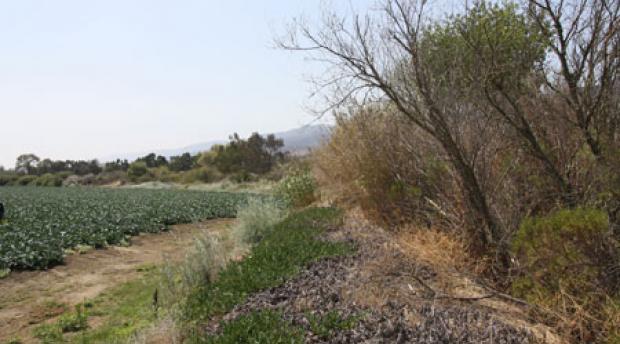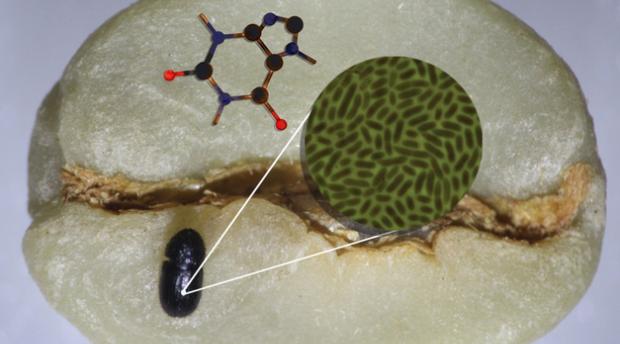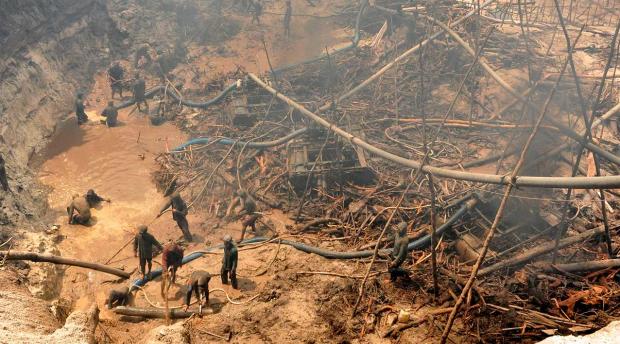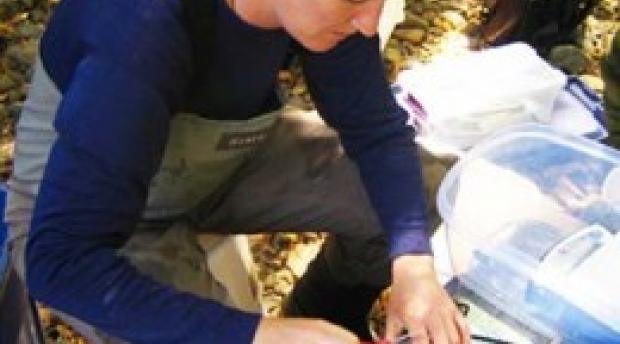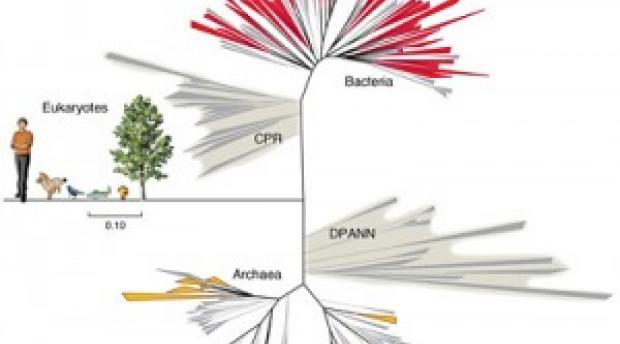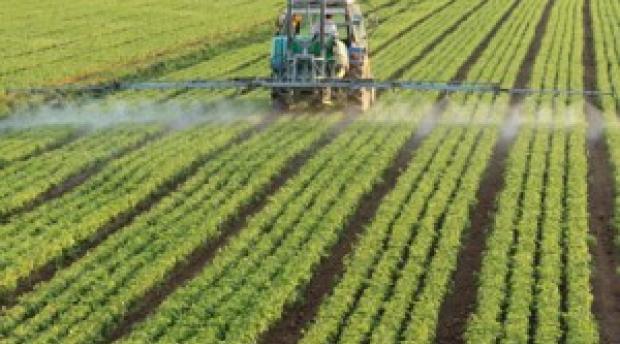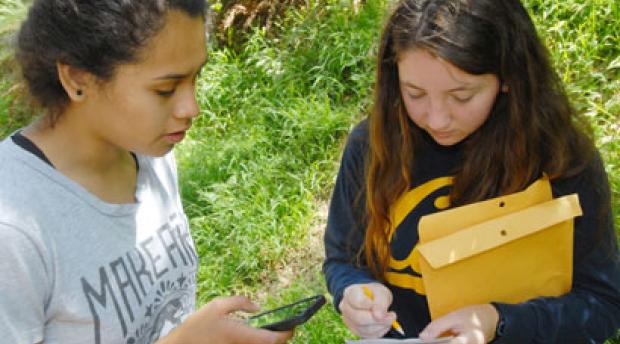Research
Climate refuges identified for endangered snow leopards
A new study of snow leopards’ habitat has found that just one-third of their current range will be a refuge from climate change by 2070.
Climate change could be a greater threat to tropical frogs than deforestation
UC Berkeley Ph.D. student David Kurz traveled to Costa Rica and found that greater declines in population are related to the frogs' sensitivity to temperature.
The amazing recovery of Yosemite’s yellow-legged frog
The remarkable recovery of the endangered Sierra Nevada yellow-legged frog has now been documented in an expansive, data-rich study of the species in Yosemite National Park.
Italy’s famous olive trees in peril
In southern Italy’s region of Apulia, the plant pathogen Xylella fastidiosa is threatening the famous, generations-old olive trees that attract tourists and provide income to the rural communities there.
Replanting reduces frog diversity in oil palm
A new article lead-authored by graduate student David Kurz and published in the journal Biotropica finds that management decisions within tropical agricultural landscapes have a profound impact on biodiversity.
ESPM soil scientists gather data about Earth's climatic past
ESPM's Erik Oerter and Ronald Amundson have found a new way to tease out signals about Earth’s climatic past from soil deposits on gravel and pebbles, adding an unprecedented level of detail to the existing paleoclimate record.
Fighting fire with fire benefits forests, watersheds
Research in the Illilouette Creek Basin shows that allowing fires to burn, rather than strict fire suppression, can lead to more resilient forests with smaller future fires and lessened impacts on the environment.
Palm oil expansion triggers ecological cascade
ESPM Ph.D. candidate Matthew Luskin explains in an interview the effects that palm oil expansion has on wild pigs and macaques, and how these changes can indirectly but substantially damage the environment.
Fungal Spore Bank Regenerates Forests
ESPM Graduate student Sydney Glassman discovered that a fungal spore bank under the devastating 2013 Rim Fire has helped regenerate new forests.
New research in rural China may help improve drinking water quality and reduce air pollution
Alasdair Cohen’s collaboration with the China CDC allowed him to conduct the first known research study on household water treatments in China.
Small but mighty: researchers find periodically flowing streams in California are surprisingly diverse
Postdoctoral researcher Michael Thomas Bogan, recent graduate Jason Hwan, and Professor Stephanie Carlson studied small creeks in northern California and found more diversity than they expected.
How to beat the climate crisis? Start with carrots
Professor Jonas Mekcling argues that to speed up progress in tackling climate change, policymakers need to build political support by investing in clean-energy industries rather than first penalizing polluters, according to a new policy paper by UC Berkeley researchers.
Drought may be killing California’s giant sequoias
California’s giant sequoias are showing signs of stress — some have leaves that are drier and sparser than usual — and UC Berkeley tree biologist Anthony Ambrose thinks the drought is to blame.
Clearing habitat surrounding farm fields fails to reduce pathogens
ESPM Postdoctoral Researcher Daniel Karp is lead author on a new study showing that clearing wild vegetation surrounding crops doesn't reduce field contamination.
Targeting microbes could help fight coffee pest
A microbe in the coffee berry borer's gut allows it to consume massive amounts of caffeine. Research co-authored by professor Eoin Brodie and Postdoc Javier Ceja-Navarro sheds light on the ecology of the destructive bug and could lead to new ways to fight it.
Documenting small-scale gold mining in Indonesia
Dangerous, illegal, and environmentally destructive, smallholder mining in Indonesia nevertheless offers a shot at prosperity for marginalised rural people.
Small salmon, big threat
By monitoring fish populations and environmental conditions, Professor Stephanie Carlson’s lab helps water managers and farmers make better decisions about water diversions, which could protect native fish.
Newfound groups of bacteria are mixing up the tree of life
Scientists have identified more than 35 new groups of bacteria, clarifying a mysterious branch of the tree of life that has been hazy.
Human security at risk as depletion of soil accelerates, scientists warn
Steadily and alarmingly, humans have been depleting Earth's soil resources faster than the nutrients can be replenished.
Citizen science helps predict spread of sudden oak death
Efforts to predict the emergence and spread of sudden oak death, an infectious tree-killing disease, have gotten a big boost from the work of grassroots volunteers.


